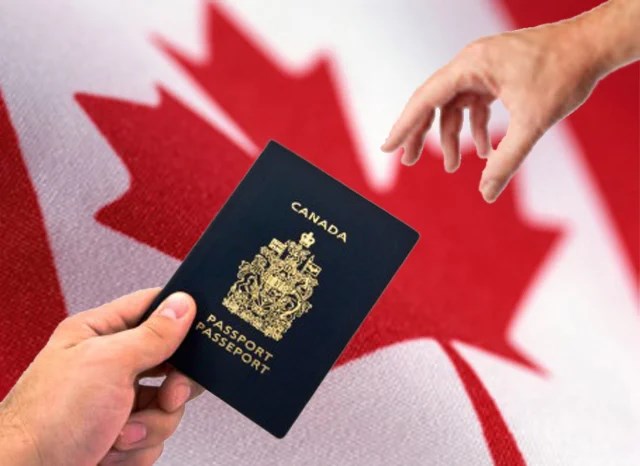In the last episode, we had an initial discussion about immigration to Canada. In today’s episode, I will discuss Express Entry and some important issues regarding Canadian Immigration. Although the discussion cannot end in this episode. Hopefully, if you read all the episodes patiently, then there will be no more confusion with your Express Entry and you will be able to successfully complete all the necessary tasks or steps including your application process yourself.
Express Entry is actually an online-based process which through skilled immigrants to Canada are selected. Many of us know it as a program. But Express Entry is not actually a program, but there are three programs under it. If you want to apply for any of these three programs, you have to apply through Express Entry. In addition, the Provinces in their Provincial Nomination Program (PNP) also complete the selection of immigrant candidates through Express Entry. Immigration, Refugees and Citizenship Canada (IRCC) is an organization that oversees all matters related to immigration.
At first, let we know what are the three programs under Express Entry. As follows:
1) Federal Skilled Worker Program
2) Federal Skilled Trades Program
3) Canadian Experience Class
The Canadian government has introduced this process called Express Entry to make their selection of skilled immigrants faster and more accurate. Since this is a process, Express Entry follows a specific procedure. And that is the score-based selection system. Which is called the Comprehensive Ranking System (CRS). This score largely depends on a number of factors of the candidate, such as: age, work skills and experience, language skills, educational qualifications, and other relevant factors. We will try to know all the issues in detail in stages.
Now let we know the important matters related to immigration in Canada. Then the next discussions will be easier to understand.
- National Occupational Classification (NOC) – This system is used to classify work (occupation). Jobs are grouped based on the type of work, such as: work duties and the work that a person does. The work here is basically divided into five levels based on skill. E.g.:
- Skill Type 0 : Management Jobs – Restaurant Manager, HR Manager etc.
- Skill Level A : Professional Jobs – Doctors, Engineers etc.
- Skill Level B : Technical / Trade Jobs – Safe, Electrician etc.
- Skill Level C : Intermediate Jobs – Butcher, Truck Driver etc.
- Skill Level D : Labor Jobs – Cleaner, Fruit Lifting Worker etc.
Each level has a separate list specifying the type of work. Only those with work experience included in that list will be considered eligible to apply or apply for any program. We will discuss National Occupational Classification (NOC) in more detail in another episode.
- Educational Credential Assessment (ECA) – It is used to prove the validity of educational qualifications and the level of education in Canada. Currently five nominated or designated organization can conduct such assessments. Organizations are as follows:
- Comparative Education Service (CES)
- International Credential Assessment Service (ICAS)
- World Education Services (WES)
- International Qualifications Assessment Service (IQAS)
- International Credential Evaluation Service (ICES)
However, Physicians and Pharmacists need to assess their educational qualifications through different organizations.
- Medical Council of Canada
- Pharmacy Examining Board of Canada
We will discuss in another episode in detail how much money a company charges, how long it takes or which will be better.
- Canadian Language Benchmark (CLB) – This is a means of assessing language proficiency. Here is a chart based on points to test language proficiency. Proof of proficiency in English or French is required under Canadian immigration policy.
- English –
- CELPIP: Canadian English Language Proficiency Index Program
- IELTS: International English Language Testing System
- French –
- TEF Canada: Test d’évaluation de français
Language skills or qualifications vary according to the needs of the immigration programs available in Canada. We will discuss in detail with this chart next in any episode.
- Proof of Funds (POF) – If you want to be an immigrant to Canada, you must show proof of financial security, that is, the amount of money you need to make a normal living, including 01 (one) year of accommodation and food, after successfully arriving in Canada and that is called Proof of Funds (POF). Although this fund varies according to the number of programs and individuals. This will be discussed in detail later. How much money to show in a program, how to show, etc.
In addition to the above, there are many other issues related to Canadian immigration that we will learn about in stages. Such as the opening profile, applying, medical certificate, police clearance, applying for a job, making CV in Canadian format, etc.
In the next episode, we will discuss in detail the three programs of Express Entry. So far today.
K. M. Khairul Hasan Arif
Advocate, Legal & HR Consultant
Source: www.canada.ca & www.cicnews.com

